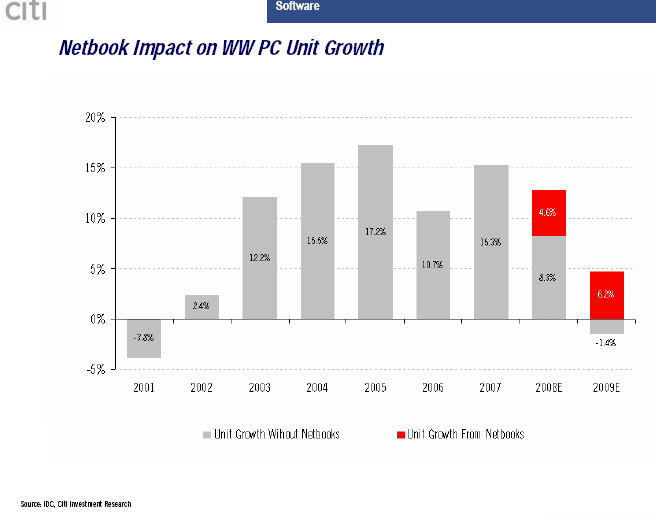Will Microsoft apply 'Vista-Capable' lessons to Win 7 netbooks?

As the e-mail trail in the "Vista-capable" class-action suit continues to unfold, I can't help but wonder whether Microsoft will apply some of the lessons it (hopefully) learned about working with OEMs to Windows 7 -- especially in the netbook space.
The original suit, filed in March 2007, claimed Microsoft “engaged in bait and switch — assuring consumers they were purchasing ‘Vista Capable’ machines when, in fact, they could obtain only a stripped-down operating system lacking the functionality and features that Microsoft advertised as ‘Vista.’” In the ensuing months, as the judge overseeing the case agreed to unseal various e-mail messages between Microsoft and its OEM partners, it has become clear that Microsoft's two-tier Vista marketing program -- seemingly created to appease Intel -- didn't sit well with PC makers.
With netbooks, Microsoft may be entering similarly unchartered and potentially hazardous waters. A growing number of market watchers are predicting that more and more users may end up purchasing a low-end PC capable of little more than e-mail and Web browsing over a more powerful (and expensive) PC. If this does happen to the extent some analysts are now forecasting, how will Microsoft react to keep its margins and profits high?
In a recent blog post, I wondered whether Microsoft will charge netbook makers less per copy to license Windows 7 than it does to license Windows 7 running on a fully-powered laptop/notebook/PC. I believed this to be a question, rather than a given, because Microsoft officials are saying that a full -- not a stripped-down -- version of Windows 7 will run on netbooks. Even though netbooks are coming in at a few hundred dollars, does that necessarily mean Microsoft can't or won't charge netbook OEMs the full price per copy for Windows?
"We calculate that Microsoft's average revenue recognized per sale of Windows has been in the $60-$90 range depending on the SKU (that is the revenue that Microsoft sees, not what OEMs charge)," said Al Gillen, a system software analyst with IDC. "When a device gets to be under $500, the OS component is suddenly as much as 20% of the device cost, which is potentially getting out of balance. OEMs would have little recourse, if not for the fact that there are alternatives on the table today thanks to Linux. So I do believe it is reasonable to conclude that Microsoft may have to have some price adjustments based on the device form factor the OS will be delivered on, for Microsoft to remain competitive."
Citigroup Investment Research analyst Richard Gardner said (during an investor call about Microsoft last week with software analyst Brent Thill and on which yours truly was an invited guest) that Microsoft is charging some OEMs delivering XP and/or Vista on netbooks half of the amount it charges them to preload XP/Vista on higher-end PCs.
"This may change if Netbooks take off in the developed world," Gardner told me. "I think Microsoft thought Netbooks would only interest price sensitive buyers in emerging markets."
(To hear a free replay of the full Citi call on Microsoft from last week, you can dial 888-203-1112 or 719-457-0820. The passcode is 4962867.)
So how does this relate back to the Vista Capable suit? One reason Microsoft got in hot water with its partners around Vista was its creation of multiple tiers/classifications ("Vista Ready" and "Vista Capable") of products. With netbooks, I wonder whether Microsoft might end up creating a different (and cheaper -- at least cheaper for PC makers) Windows 7 SKU that won't include all of the features/functionality that Microsoft already has been touting as part of Windows 7.
Do you think the Softies have learned their lesson and will refrain from muddying the Windows 7 waters by delivering a less-capable Windows 7 netbook release? (Remember: company officials already have been promising that the "full Windows 7 experience" is possible and deliverable on netbooks.) What do you think Microsoft should -- and ultimately will -- do around Windows 7 pricing/licensing for its PC-maker partners?
